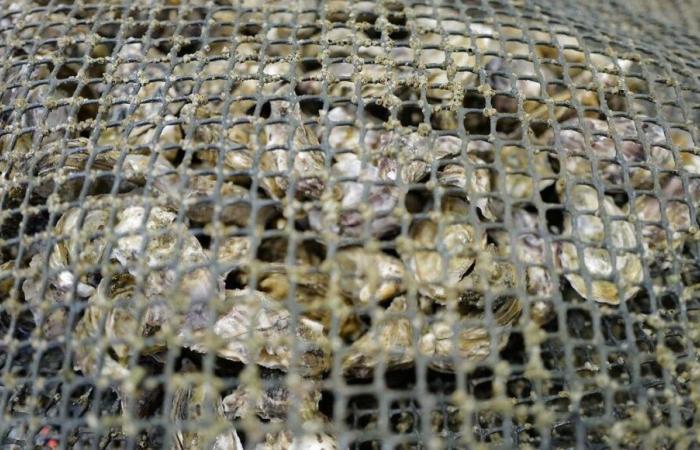
This is the period the most important of the year for oyster farmers. The month of December is a crucial time for producers, as the holidays arrive. And this time, the professionals of Vendée and Loire-Atlantique are approaching the period with a little more serenity than last year. “The first orders are already arriving“, confides Alain Gendron, oyster farmer at La Guérinière on the island of Noirmoutier. “We know that it will increase over the weeks and that the enthusiasm is there. For now, all the lights are green“.
Green lights, enough to give balm to the heart for a profession seriously burned by the events of last year. The end of 2023 had indeed been nightmarish, following the storms of November. Without forgetting the sales ban concerning the entire northern part of Bourgneuf Bay. An order taken by the Loire-Atlantique prefecture following norovirus contamination. At the beginning of January 2024, another decree fell, this time for professionals in Talmont-Saint-Hilaire.
Returning customers, new measures
Even if the ban only affected some of the local professionals, the entire sector was affected. “There are customers that we have never seen again“, testifies Laurent Castel, based on his farm in Bouin in Vendée. “Fear has affected some of the regular customers, because of the bad press caused by this norovirus“Same story in the north of Loire-Atlantique for David Retailleau, oyster farmer in Mesquer.”I wasn't concerned by the ban, but we clearly felt a drop in sales during that period. Fortunately, it has since recovered. Customers trust us, we also already receive some orders. We remain very optimistic.”
Communities also appear to be taking steps to avoid last year's disaster and the return of norovirus. “Local elected officials have really become aware of the problem, since the concern comes mainly from humans and untreated wastewater.“, recalls Thomas Fraguier, the director of the Pays de la Loire regional shellfish farming committee. Work has therefore been undertaken or is in progress on many wastewater treatment plantssometimes with the installation of new tanks.
Measures are therefore being taken, and lessons have been learned from the (bad) experiences of recent times. Which will never replace the damage suffered last year. Many oyster farmers have lost almost half of their turnover at that time. “The other problem is that all these losses are not compensated by state aid.“, adds Thomas Fraguier. “Some still haven't recovered from last year's losses. They clearly need a helping hand to recover“.





